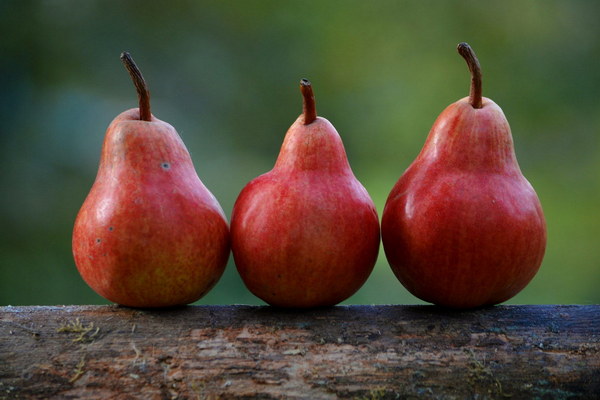Revitalize Your Lungs The Art of Lung Qi Nourishment with Chinese Herbs
In the realm of traditional Chinese medicine (TCM), the concept of lung qi nourishment holds significant importance for maintaining overall health and vitality. The lungs are vital organs responsible for breathing, and their proper functioning is essential for the body to receive adequate oxygen and expel carbon dioxide. This article delves into the significance of lung qi nourishment, exploring the role of Chinese herbs and practices that can help revitalize your lungs.
Understanding Lung Qi Nourishment
Lung qi, or the vital energy of the lungs, is a fundamental concept in TCM. It refers to the protective energy that guards the lungs and helps maintain their normal functioning. When lung qi is deficient, individuals may experience a range of symptoms, including respiratory issues, weakness, and a susceptibility to colds and infections.
The Importance of Lung Qi Nourishment
A strong lung qi is essential for overall well-being. It protects the body against external pathogens, helps regulate the immune system, and maintains the balance of fluids within the body. Here are some reasons why lung qi nourishment is important:
1. Respiratory Health: Nourishing lung qi can help alleviate respiratory issues such as asthma, bronchitis, and chronic coughs.
2. Immune System: A robust lung qi supports a healthy immune system, reducing the risk of infections.
3. Energy Levels: Proper lung function is linked to high energy levels, as the lungs are responsible for oxygenating the blood.

4. Emotions: In TCM, the lungs are associated with the emotion of sadness. Nourishing lung qi can help manage emotional stress and promote emotional well-being.
Chinese Herbs for Lung Qi Nourishment
TCM offers a wide array of herbs that can help nourish lung qi and improve respiratory health. Here are some commonly used herbs:
1. Astragalus (Astragalus membranaceus): Known for its immune-boosting properties, astragalus is often used to strengthen lung qi and support respiratory health.
2. Codonopsis (Codonopsis pilosula): This herb is a popular lung qi tonic, helping to relieve coughs, improve energy levels, and boost the immune system.
3. Elderberry (Sambucus nigra): Elderberry is rich in antioxidants and has been shown to reduce inflammation in the respiratory tract, making it an excellent herb for lung qi nourishment.
4. Licorice (Glycyrrhiza uralensis): Licorice is often used in combination with other herbs to harmonize their properties and enhance their effectiveness in lung qi nourishment.
Practical Tips for Lung Qi Nourishment
In addition to using Chinese herbs, there are several lifestyle practices that can help nourish lung qi:
1. Exercise: Regular physical activity, such as walking, jogging, or yoga, can help strengthen the lungs and improve overall respiratory function.
2. Breathing Exercises: Practices like tai chi and qigong can help improve lung capacity and enhance lung qi.
3. Avoid Smoking: Smoking is a significant risk factor for respiratory diseases and can weaken lung qi. Quitting smoking is essential for lung health.
4. Manage Stress: High levels of stress can lead to lung qi deficiency. Engaging in stress-reducing activities, such as meditation or deep breathing exercises, can help maintain a healthy lung qi.
Conclusion
Lung qi nourishment is a vital aspect of maintaining respiratory health and overall well-being. By incorporating Chinese herbs and lifestyle practices into your daily routine, you can revitalize your lungs and enjoy a healthier, more energetic life. Remember to consult with a qualified TCM practitioner before starting any new treatment or supplement regimen.









